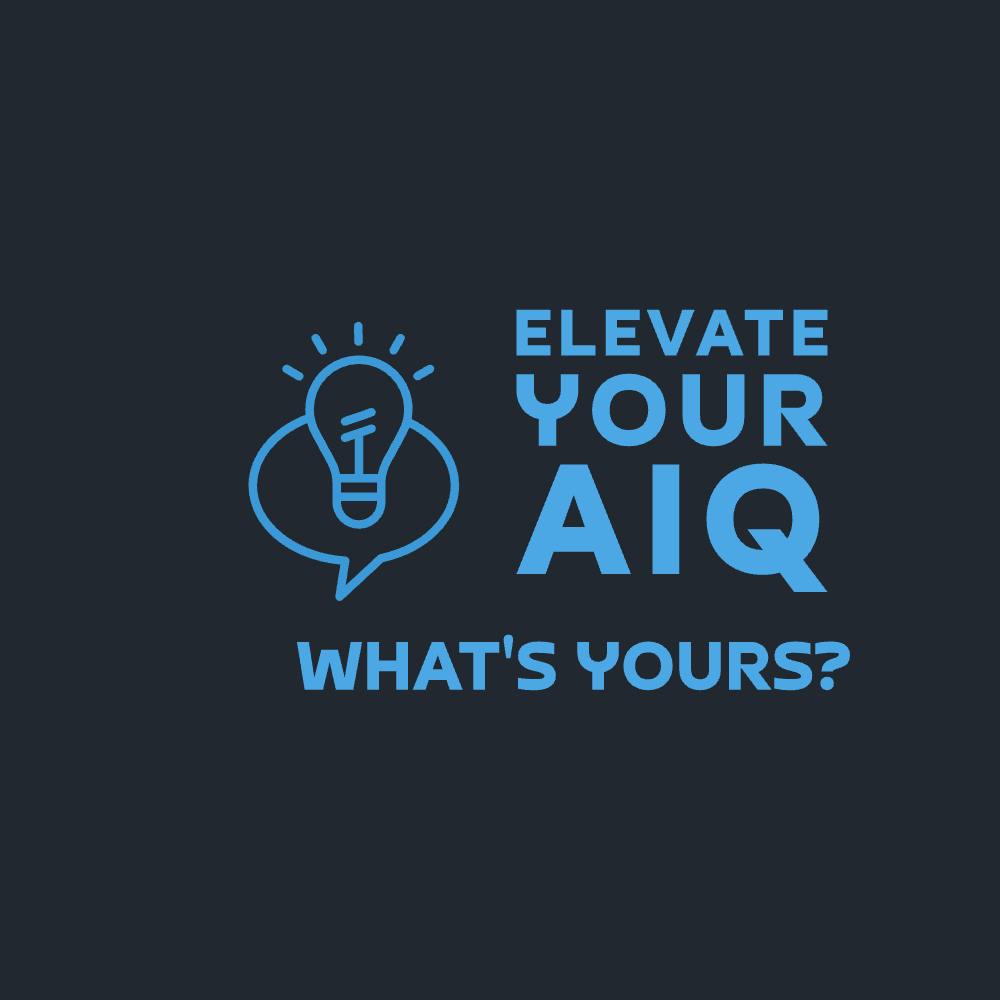Ep 79: Leveraging AI to Transform Knowledge into Enterprise Intelligence with Dan Stradtman
Description
Bob sits down with Dan Stradtman, Chief Marketing Officer at Bloomfire, to explore the evolving landscape of knowledge management (KM) in the age of AI. Dan brings a wealth of experience from Fortune 500 giants like Walmart, GE, and Lubrizol (Berkshire Hathaway). They discuss how often tacit and institutional knowledge is undervalued and underutilized. Bob and Dan unpack Bloomfire’s concept of “Enterprise Intelligence” and its new framework for treating knowledge as a measurable, strategic asset. They also cover the risks of overlooking tacit knowledge, how AI adoption is changing who leads knowledge initiatives, and the crucial role of ethics, trust, culture, and human-centricity in the enterprise AI journey.
Keywords
Enterprise Intelligence, Knowledge Management, Tacit Knowledge, Bloomfire, Enterprise AI, Digital Assistants, Leadership, Strategic Workforce Planning, Culture, Cognitive Diversity, Collective Intelligence, Human-Centricity, Trust, Future of Work, Ethical AI
Key Takeaways
Knowledge is an asset: Companies often fail to treat knowledge—especially tacit knowledge—as a formal asset on the balance sheet.
AI elevates knowledge management: The rise of AI has pushed KM into the C-suite, with a growing emphasis on enterprise-wide integration.
Tacit knowledge loss is costly: Orgs lose significant institutional knowledge without realizing its overall impact.
Trust drives knowledge sharing: Cultural factors, psychological safety, and leadership behavior directly impact how willing employees are to share knowledge.
Remote work challenges knowledge flow: For early-career professionals, the hybrid environment can inhibit mentorship and exposure to institutional wisdom.
Digital advisors & AI agents are rising: As digital personas and assistants become more advanced, organizations must consider the ethical implications.
SWP evolution: Strategic workforce planning should evolve into strategic work planning, balancing both digital and human contributions.
Measuring value requires new KPIs: Bloomfire’s framework ties knowledge value to tangible outcomes like revenue per employee, onboarding speed, and OKR attainment.
Cognitive diversity is crucial: Varied perspectives and experiences within teams lead to better problem-solving and innovation.
AI is integral to the future of work: It will require a blend of human and AI capabilities and should remain human-centric.
“Tacit knowledge is going out the door, and companies are underestimating how consequential that is.”
“AI systems are only as good as the quality of the knowledge you feed them. It’s still garbage in, garbage out.”
“Organizations need to think of themselves as ecosystems, where people and digital agents work together.”
“Cognitive diversity is going to be critical—otherwise everyone’s just prompting the same chatbot.”
Chapters
00:00 – Welcome and Guest Introduction
02:00 – Dan’s Career Journey and Road to Bloomfire
05:00 – What Bloomfire Does and the Rise of Enterprise Intelligence 08:30 – The Evolution of KM
12:00 – AI’s Role in Driving KM to the C-Suite
15:00 – Tacit Knowledge: The Hidden Asset
18:30 – The Value of Human-Centric Design in AI Strategy
24:00 – Skills Atrophy and the Impact of Remote Work
27:30 – Cognitive Diversity in the Age of AI
30:00 – Capturing Institutional Knowledge Through Tech
35:00 – Lessons from Early Expertise Discovery Tools
38:00 – Digital Advisors and the Risk of Redundancy
44:00 – Meeting Intelligence and Ethical Knowledge Capture
47:00 – Trust, Culture, and the Role of Leadership
55:00 – Experimentation, Risk, and AI Governance
59:00 – Innovation, Strategy, and the Future of Work
Dan Stradtman: https://www.linkedin.com/in/danstradtman
Bloomfire: https://bloomfire.com/
For advisory work and marketing inquiries:
Bob Pulver: https://linkedin.com/in/bobpulver
Elevate Your AIQ: https://elevateyouraiq.com
Substack: https://elevateyouraiq.substack.com
What’s Your AIQ? Assessment interest form
























